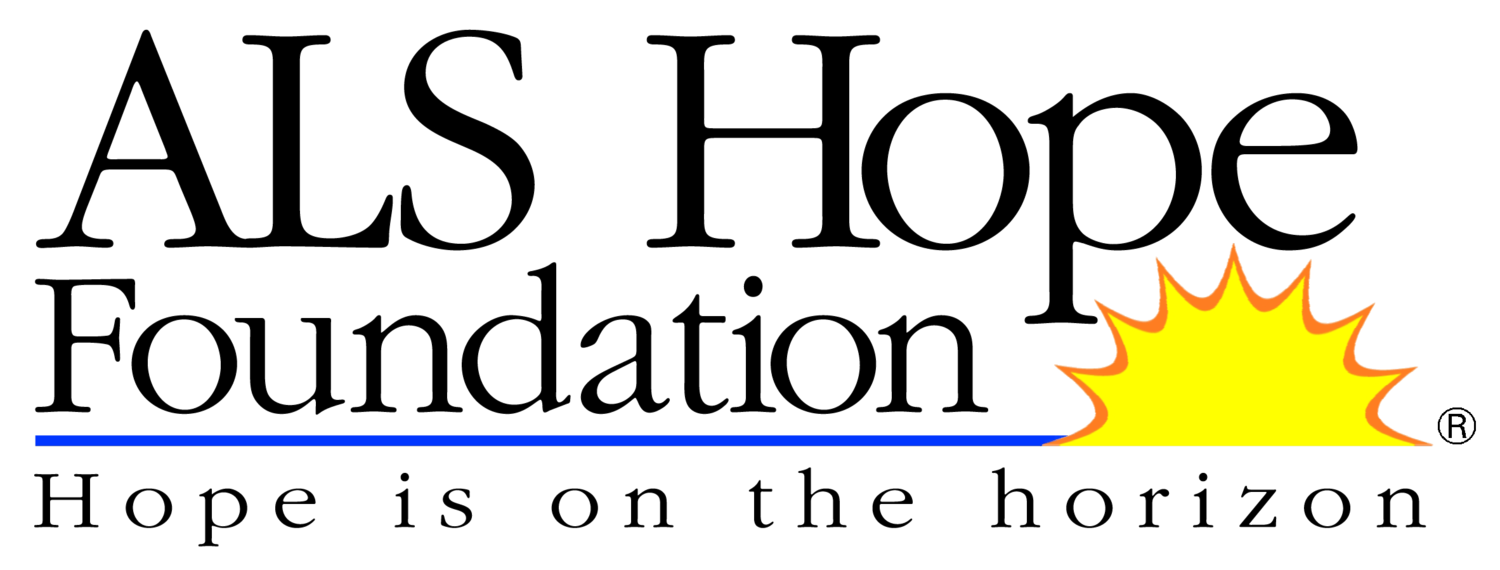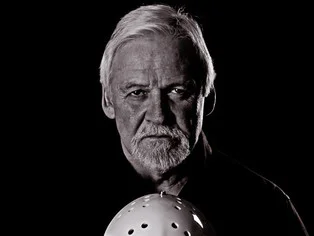The 25th Annual International Symposium on ALS/MND was held in Brussels, Belgium, December 2014. Terry Heiman-Patterson, MD, and Sara Feldman, PT, DPT, attended the conference, which was put on by the Motor Neuron Disease Association in cooperation with the International Alliance of ALS/MND Associations. ALS Liga Belgium was the fantastic host of the event.
The ALS Hope Foundation is a member of the International Alliance of ALS/MND Associations, and Dr. Feldman is on its Board of Directors. The Symposium began with the 22nd Annual Meeting of the Alliance of ALS/MND Associations December 2 and 3, 2014. This meeting is a chance for organizations from around the world to come together and share ideas. The day began with presentations by various members on fundraising, advocacy and awareness and, of course, the discussion began with the Ice Bucket Challenge. Every organization was impacted by the donations and the awareness the #IBC raised. Efrat Carmi (IsrALS) reported the top link clicked on the IsrALS website was “What is ALS?” Rob Goldstein (ALS TDI) led the inital discussion, but everyone was eager to share his or her own organization’s story. We then heard from several other members on their activities this past year. The discussions then turned to challenges to providing services and national ALS/MND registries. We heard an update on the partnerships supported by the Alliance then adjourned for the day. The evening dinner was highlighted by a musical performance by Alper Kaya (Turkey MND Association) and his daughter. The presentations continued on the second day with several reports on services and programs offered by member organizations and then ended with a scientific and research update by Dr. Leonard Van Den Berg (ALS Netherlands), including information on Project MinE. In addition to presentations, working groups were formed to address a variety of issues related to the Alliance.
Click here to scroll through the archives of the Alliance Meeting and download each presentation.
Click here to read a full synopsis of the Alliance Meeting from ALS TDI.
The Ask the Experts session followed the Alliance Meeting and brings together people living with ALS/MND and invited speakers for a question and answer session. Individuals who were unable to attend the meeting could also submit questions by email. The speakers this year were Dr. Orla Hardiman (Ireland), Professor Leonard Van Den Berg (Netherlands), and Dr. Lucie Bruijn (USA).
Click here to watch video of the Ask The Experts Session.
The 12th Annual Allied Professionals Forum brought together more than 180 health care professionals from around the globe for a day to share information and network on December 4, 2014. The ALS Hope Foundation has supported the APF for more than 10 years, and Dr. Feldman is a member of the Program Committee. Presentations covered a range of topics including ideas for clinical management of symptoms and FTD, helping staff deal with compassion fatigue, end-of-life issues and electronic options for communication and education. Dr. Feldman presented "Equipment Utilization in the ALS/MND Population: Trends and Timing" (click for video).
Click here to watch video of the 2014 Allied Professionals Forum, click here.
Click here to read more about the Allied Professionals Forum.
The 25th International Symposium on ALS/MND then ran from December 5-7, 2014 and brought together more than 900 scientists, people living with ALS/MND, clinicians and association members. The symposium runs two sessions simultaneously, the scientific and the clinic tracts, and at times a third tract on biomarkers. The scientific themes included RNA processing and dysregulation, protein misfolding and toxicity, autophagy, in vitro modeling, cell biology and pathology, genetics and genomics, murine models, modulating SOD1 toxicity and non-neuronal cells. The clinical sessions included the themes of diagnosis/prognosis, trials and trial design, assistive technology, care practice, epidemiology, end of life decisions, respiratory management, nutritional assessment and management, and cognitive changes.
During the poster sessions, Dr. Terry Heiman-Patterson presented her poster “Application of a Staging System to the ProACT Database Population” with co-authors Anahita Deboo, MD, Saugat Dey, MD, and Guillermo Alexander, PhD. Dr. Feldman presented a poster on “Equipment Utilization in the ALS/MND Population: Trends and Timing.” Her co-authors include Peggy Allred, PT, DPT, from Cedars-Sinai in Los Angeles and Jillian Moraveck, a Biomedical Engineering student at Drexel University.
The week-long meetings ended with an ongoing commitment to the ALS/MND community and knowledge that there is further work to be done.












